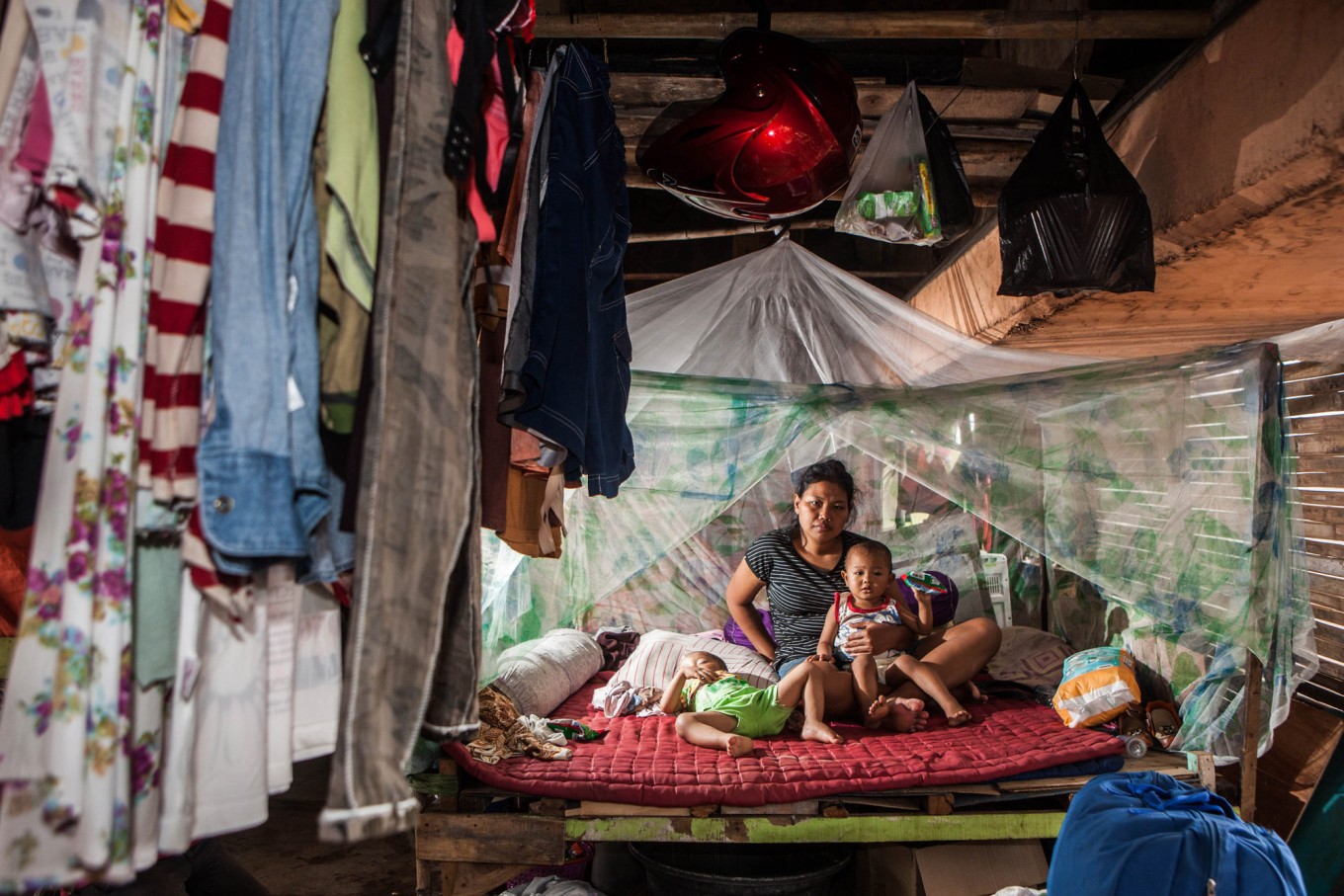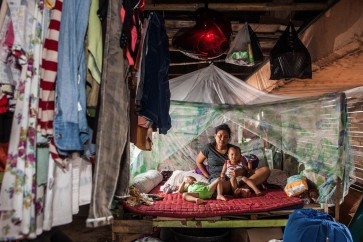Initially a relatively fringe movement led by serial troublemakers the Islamic Defenders Front, objections to Ahok as governor on the grounds he was a non-Muslim snowballed after allegations he insulted Islam, and the subsequent laying of blasphemy charges. It presented the perfect opening for his rivals, who pumped significant financial and political resources into reframing opposition to him on identity lines. Focusing for most of the campaign on modest policy achievements and managerial competence, Ahok’s team recently responded in turn with an emotive campaign video highlighting a commitment to pluralism and tolerance.
While the campaigns present, at one level of analysis, a stark contrast between ‘diversity’ on the one hand and sectarian populism on the other, a shared point of commonality is the respective silence regarding a significant shaping force in Jakarta, and arguably the election: rising levels of economic inequality.
Indonesia’s Bureau of Statistics has recorded steady increases in levels of economic inequality in Jakarta, reflecting the national trend of the past decade. The country’s much-heralded economic growth has been marked by growing concentrations of that wealth in the hands of a few, and a stagnation if not deterioration in the standard of living of a vast majority of Indonesians. According to a 2017 Oxfam report on the widening wealth gap, inequality has been driven by a combination of ‘market fundamentalism’, high concentrations of land ownership, and the second lowest rate of tax collection in Southeast Asia.
The poor and precarious bear the most drastic and damaging impacts of economic inequality, though in a densely populated megacity like Jakarta it is felt by all social and economic classes — albeit in often vastly different ways and with a range of social and political consequences.
For Jakarta’s upper middle classes the desire for security, lifestyle, and convenience — together with the push by developers for profitable all-inclusive developments — has meant increasingly self-imposed spatial separation from other social and economic groups within gated estates, apartments towers, shopping malls and private vehicles. Once a city of economically mixed neighborhoods, large parts of the city are spatially divided by class and ethnicity. This can be seen in the city’s north, where remaining kampung sit in uneasy tension alongside luxury apartments and gated communities.
This socio-spatial shift has been reflected politically in middle class demands for an ‘orderly’ city free from the inconveniences of traffic congestion, overcrowding, and flooding, but minus the self-sacrifices required to achieve these. The poor provide convenient scapegoats. It has also fed the popularity of strong, ‘uncompromising’, and arguably authoritarian leadership styles as represented by Ahok, but also his former party chief and now political adversary Prabowo Subianto.


















